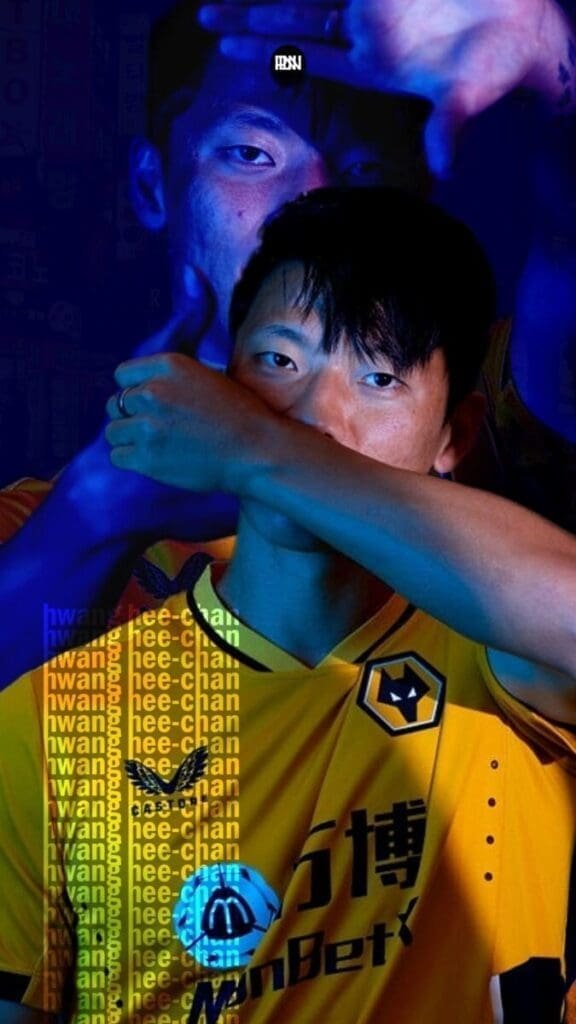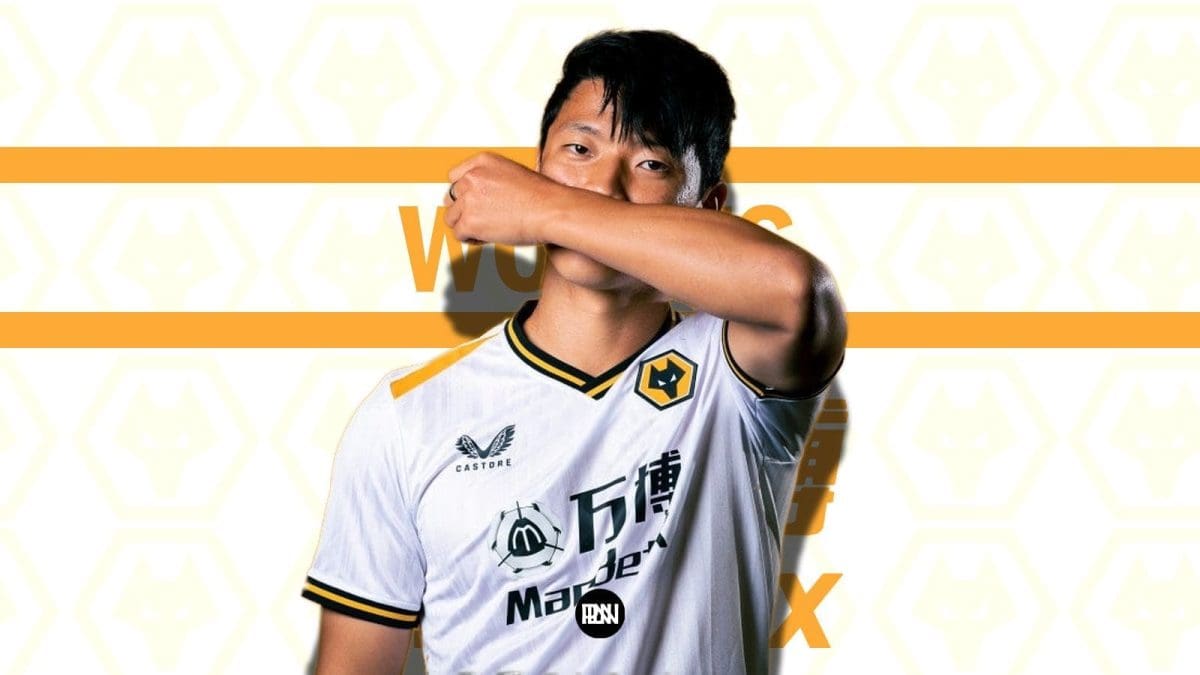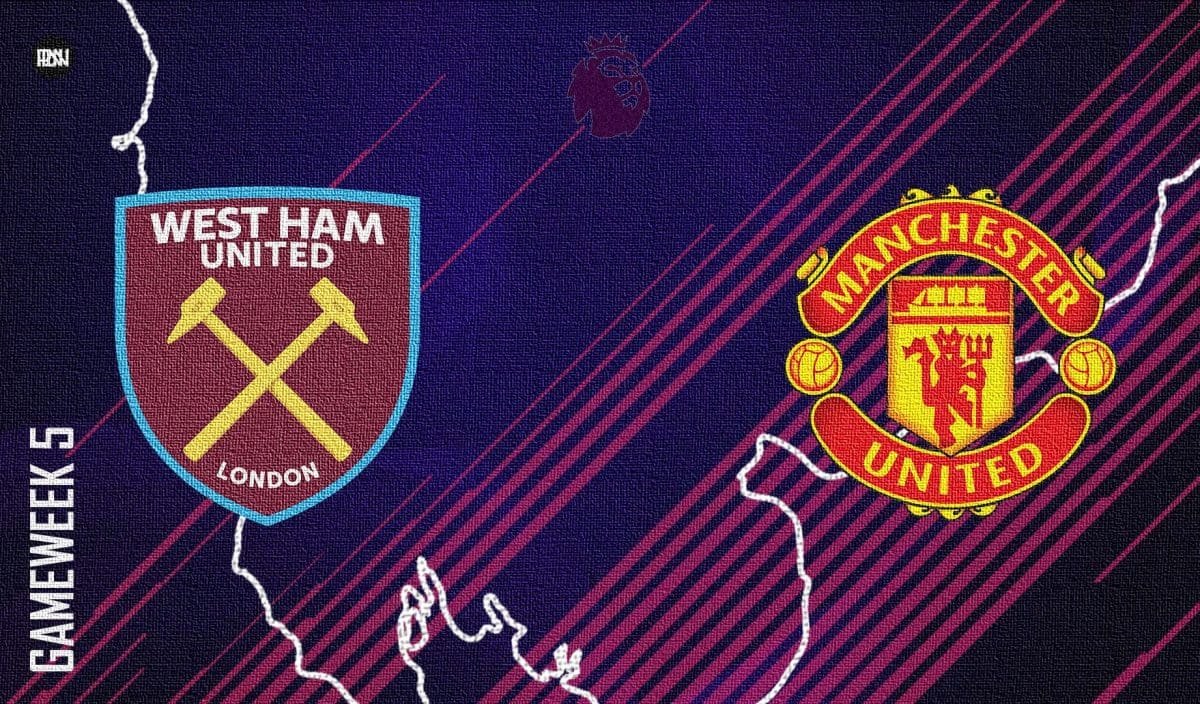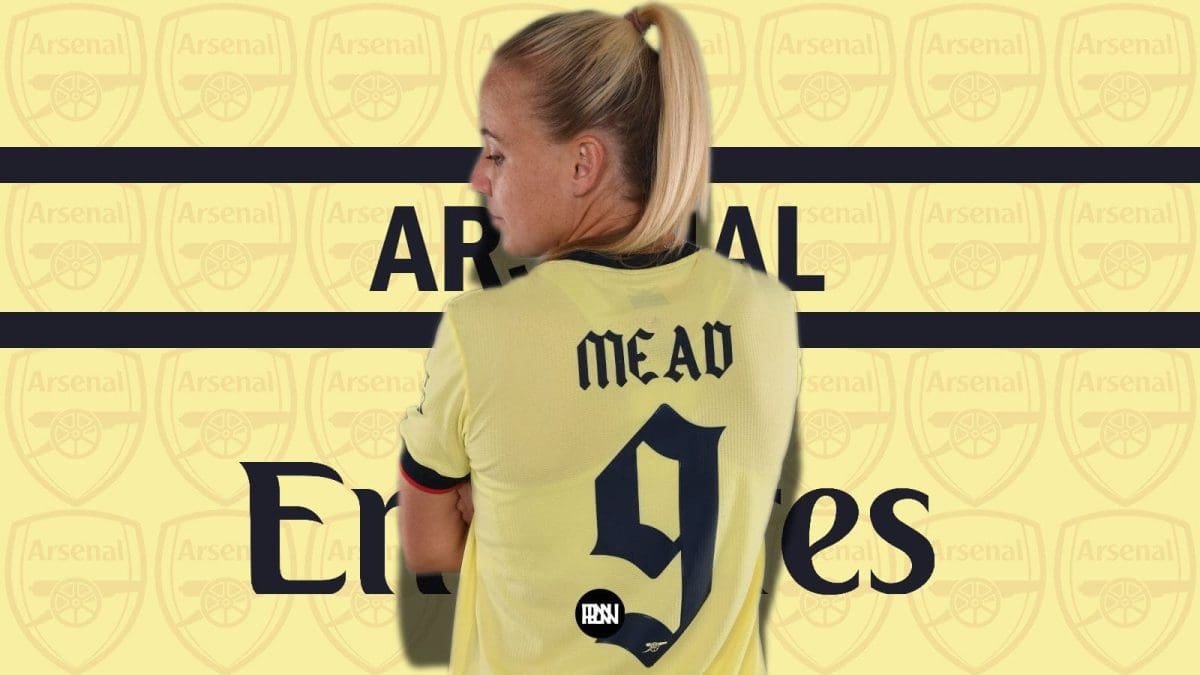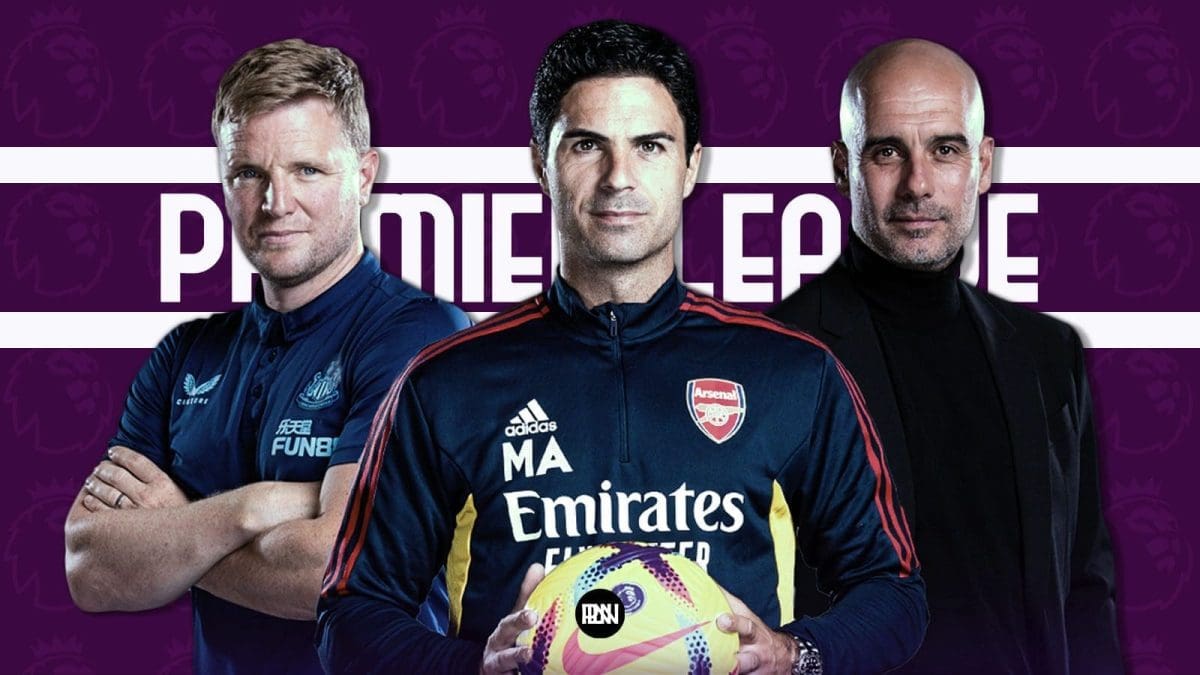A lot of money changed hands this summer in European football, but there was a lack of poor signings. Clubs are changing their transfer targets and are using data to analyse who would best suit their team. Thus, a player’s basic stats are often overlooked now, and the onus is on how a player can strengthen the respective team. Wolverhampton Wanderers certainly used this analogy and signed up the likes of Francisco Trincao, Rayan Ait Nouri, Jose Sa, Yerson Mosquera, Bendeguz Bolla, and RB Leipzig forward Hwang Hee-Chan.
The tactics at Wolverhampton have shifted quite a bit this summer after manager Bruno Lage was appointed. However, the transfer strategy remained more or less the same. Scout for exciting talent and sign at least 1 Portuguese player who has substantial experience but is still a far distance away from reaching his peak. Mosquera, Bolla, and Ait Nouri were signed as a part of the former contingent, while Trincao fit the latter strategy.
Thus, while every transfer had a story to itself, perhaps the most distinctive signing was Hwang-Hee Chan because it is very unlike Wolves to sign such a player, especially one who could turn the tables for them this season.
Diogo Jota’s loss was one that was not exactly filled by Nuno Espirito Santo last year. Pedro Neto did come good for the East Midlands club but he added different things than what Jota left behind when he made the move to Anfield. Hwang is somebody who has been followed by Bruno Lage during the player’s time in Austria and Germany, making him an almost obvious signing for the Portuguese boss when he arrived at the Molineux this summer.
Lage talked about this to The Athletic, saying: “I know the player because I followed his time in Austria and then in Germany. When the name appeared (as an option for a loan deal) it was clear we could put him in our squad because he’s one guy to help us.
“For me as a manager, we need this kind of player to manage the game in the way we want to play.”
But let us take a closer look at Hwang Hee-Chan’s journey and what he can eventually add to Wolves.
Hwang Hee-Chan first came into the limelight when he signed for Red Bull Salzburg back in 2016 as a 19-year-old. The potential was there as was the quality to back it up. He took a little time to settle into the way Oscar Garcia wanted him to play at the Austrian outfit, but thanks to his hard work and desire to do well, Hwang came through for the club and scored 16 goals in his first season as he helped the club retain the league Championship. His performances hit a break when Marco Rose arrived at the club, but something changed in the 2019/20 season.
While he has always scored goals, he developed certainly qualities along the way, something that only increased when Jesse Marsch was appointed. Statistically, there was not a lot to improve about the South Korean but there were several qualities that were worked upon to benefit others in the team as well.
For example, after Marsch’s first month in training, Hwang had a certain swivel to his first touch, and he took up great starting positions in counter-attacks. He understood that his pace can be used to exploit spaces and is not just a means to outrun the opposition. His spatial awareness increased and would often occupy a role on the wings rather than through the middle or near the centre-forward. A lot of things changed about him that year, and he was able to produce qualitative performances and become a real team player.
His development was only helped by the fact that Erling Haaland had also made it into the first team, and Takumi Minamino had taken up the role of a wide winger. This allowed Hwang in a rather free role on the right-hand side as he could either float in the space behind Haaland or come onto Minamino’s side and outnumber the opposition. This tactical understanding of the game came through when Salzburg produced a brilliant game of football against then the European Champions Liverpool. Although the Red Bull outfit lost the game 4-3, the first half saw Hwang turn Virgil van Dijk inside out and score emphatically against Alisson. Mind you, this was a Liverpool side that boasted about the fact that few can get past their Dutch defender. However, the South Korean did not give two hoots about it, and he played the game the way he always knew it.
His creative numbers soared through the roof that year as he racked up 22 assists and a further 16 goals. This led to Julian Nagelsmann swooping in for the forward in the following season at sister club RB Leipzig. But things did not work out the way the German coach would have wanted it to. Hwang was either played through the middle or in a structured system rather than a fluid one, or at least one that was not as fluid as the player would have liked it to be. After 3 goals and 3 assists in 26 appearances last season, it was best that the South Korean sought out a loan move even though new Leipzig manager Jesse Marsch wanted him to stay at the club as he knew how to churn out the best out of the inverted forward.
Evidently, Hwang decided otherwise and made the loan move to Wolves. His impact has already echoed amongst fans of the East Midlands outfit when he tapped in the second goal against Watford on the 11th of September and scored the first goal of the season by a Wolves player. (The first goal was an own goal).
Thus, let us see what roles can Hwang fill at the Molineux and if he is indeed a right fit for the club.
A) An orthodox finisher:
Although things did not click for the South Korean at the German club, his underlying numbers were always on the up. Interestingly, the attacker has always maintained shots on target percentage of above 60%. While this would be an unbelievable number had he been taking 7 shots in a game, it is still decent for somebody who is taking 3 shots per 90minutes. Unconventionally enough, most of Hwang’s shots come from wider angles, and the only time he attempts shots through a central position is from outside the box. He is not exactly a penalty box finisher but somebody who makes late runs into the box or holds his run until the last moment and then switches on. Last season, Hwang came in the 97th percentile of attackers for non-penalty expected goals per 90 minutes (npxG per90). This basically points towards the fact he is an able finisher, and he certainly takes no prisoners.
How does this help Wolves?
For starters, he fills up most qualities left vacant by Jota last year. Jimenez’s injury came at a dire time for the club, and they lacked goals. The Mexican striker is back to full fitness but remains the only goal threat upfront. Adama Traore is an excellent ball progressor, but the end product lacks way too much for a player of his quality. Francisco Trincao is a great addition, but he is much more of a creator and somebody who only takes shots when he is afforded time and space on the ball.
Hwang Hee-Chan is a peculiar fit into this swamp of attacking talent because he is a natural goal-scorer. Although his talent lies as an inverted forward, he loves playing in a free role. His attacking instincts and positions in and around the box suit what Wolves need in a secondary striker. Jimenez can only do so much, but Hwang knows the back of the net before he even takes a look. While he does have a certain over-reliance on his right foot, he knows how to use it well. He never frets from running into the box on either side because he understands how to change directions and create space for himself to take a shot. He is also somebody who does not think twice to shoot through a herd of defenders because he believes his shots are accurate and fierce enough to make it past the goalkeeper.
The South Korean also provides the advantage of acting as an impact substitute, something that will be helpful to Wolves this season if there is a deadlock to open after 65-70 minutes. The former Salzburg man is an orthodox finisher, and he would certainly add a goal-impetus to Wolves through his finishing talents this season.
B) An able runner in between the lines and beyond the forward:
Something of a cross between young Dele Alli and Kai Havertz, Hwang fills in empty spaces regardless of the area he occupies. He knows how to make late runs but is also known to make the deft run beyond the centre-forward which stretches opposition lines. Often occupying great areas in the final third of the pitch, the South Korean’s intelligence lies in the fact that he is aware of his next move. He is always taking a look at the primary stance of defenders and receives the ball in a position that would immediately put the defender on the back foot. Another quality he possesses in abundance is that he keeps his options open while dribbling through defenders.
At Salzburg, Hwang would often play in a counter-attacking role and would go on one of his mazy runs from his own half. This often resulted in him losing the ball in key areas. Nagelsmann took this facet out of the player, and the South Korean began his dribbles in the final third, and his burst of pace in tight spaces helped significantly. Hwang ranked in the 86th percentile of dribbles completed by attackers in Europe’s Top 5 Leagues last season and was in the 88th percentile for attacking touches in and around the opposition penalty box.
How does this help Wolves?
Bruno Lage, who is operating in a 3-4-3 formation this year, has ball progressors in the form of Adama Traore, Daniel Podence, and even Francisco Trincao to a certain extent. What they do lack is somebody who lights up in front of the goal in the final third and has the ability to create space and goals for themselves. Ruben Neves was often seen spraying out long balls under Nuno Espirito Santo because there was always a runner beyond Jimenez or somebody who occupied the space in between Jimenez and the central midfield.
However, this facet of Wolves can be revitalized with Hwang. Neither Traore nor Trincao likes making selfless runs beyond the striker whereas Hwang prefers making it because he knows he has the strength and speed to finish off the ball once he receives it. Moreover, counter-attacks in the Premier League do not necessarily mean that the player at the end of the move will be in an open space. Thus, every chance counts, and this is why the South Korean’s understanding of taking up great positions will be useful to Bruno Lage’s side.
Secondly, when Wolves do have the lion’s share of possession, Hwang’s sudden increase in pace will help them create lots of chances as he is an able runner with the ball in between in the lines and in cramped up spaces. Alternatively, opposition defences with a low block are often stretched from one side to the other, post which the respective full-back crosses the ball in. Currently, Jimenez is the only player who knows how to position himself in the box while he also times his jump exceptionally well. But Hwang, who albeit not the tallest in the squad, understands the art of late runs and making runs in between the defenders. Hwang will certainly be an asset for Wolves in the final third through his purposeful running, spatial awareness, and starting positions.
CONCLUSION:
At 25, the South Korean is a perfect age profile for the East Midlands-based club and is almost a bonus as he can fill in a number of positions due to his strengths. It is now up to Bruno Lage to fit the player wherever he feels he can utilise the best out of Hwang. Wolves have made some really eye-opening transfers in the past couple of years but the Leipzig loanee has the capability to not only increase his value as a South Korean asset in the Premier League for Wolves, but also become a fan favourite due to his hard work, desire, and an unerring need to perform well everywhere he goes.
